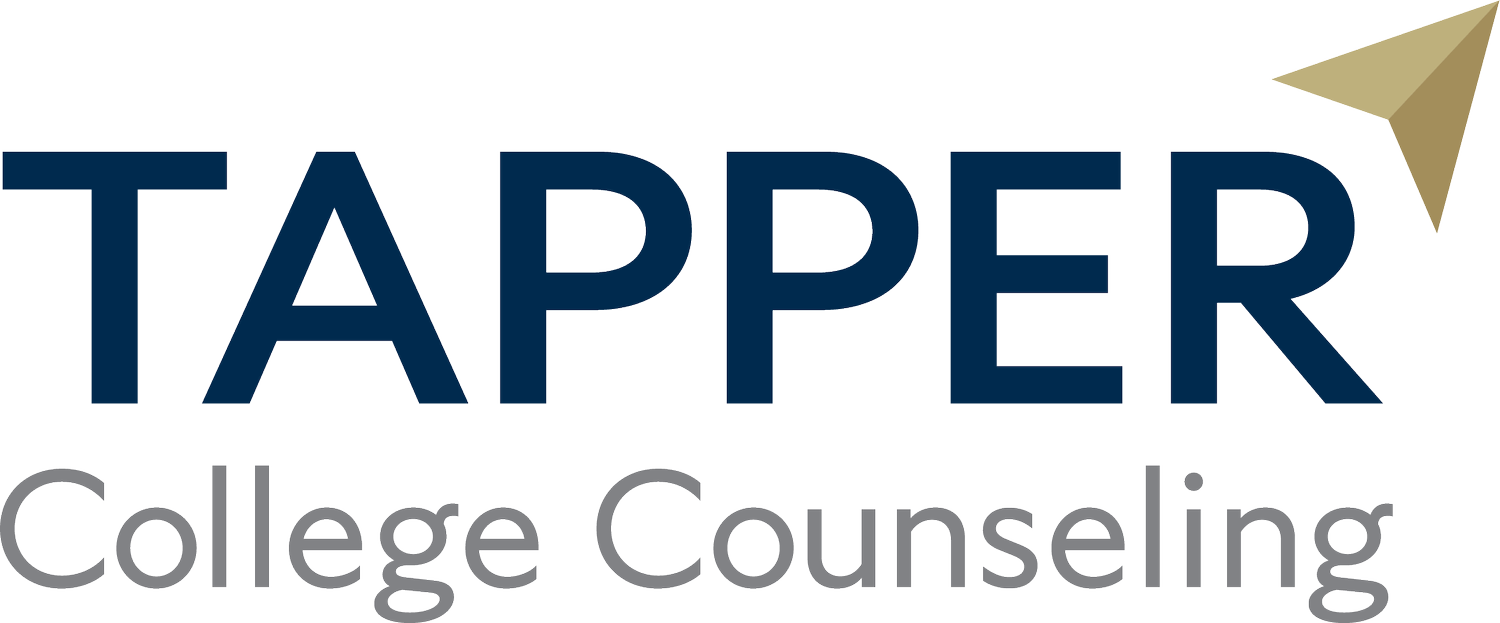Countdown to Senior Year: 8 Things to Do This Summer for College Planning Success
The summer before senior year can be both a well-earned break and a strategic window to get ahead on college planning. With more time and fewer academic demands, rising seniors can take key steps now that will ease the pressure of the fall application season.
Here are eight things students can do this summer to feel more confident and prepared heading into senior year:
1. Do Something Meaningful with Your Summer
Colleges love to see students use their time with purpose, and summer offers flexibility to explore passions, build skills, and contribute to your community. Whether it's a paid job, volunteer work, a creative project, or an activity related to your intended college major, make it count. A summer job demonstrates responsibility and time management. Volunteering can show commitment to causes that matter to you. Exploring a field of interest—through online courses, internships, research, or personal projects—can also help clarify your goals and strengthen your application narrative.
2. Ask for Letters of Recommendation
Ideally, you asked for letters of recommendation before the end of junior year. If you did not do that, reach out to two core academic teachers from junior year to request letters of recommendation. Teachers appreciate early notice and may even write your letter over the summer. Ask your teacher what additional information would be helpful. Ideally, teachers’ letters focus on your impact in the classroom and your personal qualities. Some teachers also appreciate a brag sheet, resume, or examples about what you loved about that teacher’s class.
3. Finalize Your Testing Plan
For most students, it’s wise to take the ACT or SAT, which requires diligent preparation (there are a lot of free resources out there if test prep is not in your budget). For rising seniors who still need to take their first test, you have the July, September, and October ACTs and the August, September, and October SATs. Register as soon as possible, as seats are limited. If you’ve taken the ACT or SAT, review your scores in light of your college list. Would a retake this summer or early fall improve your position? If you're considering applying test-optional, understand what that means for your strategy.
4. Visit Colleges (In Person or Virtually)
If you haven’t visited any colleges yet—or want to revisit your top choices—summer is a good time. While many campuses are quieter, you can still take official tours, explore surrounding neighborhoods, and get a feel for the environment. Here is a more detailed look at the importance of college visits. If travel isn’t possible, take advantage of virtual info sessions, live Q&As, and video tours. Many schools have improved their online offerings in recent years, and you can still demonstrate interest through these virtual interactions.
5. Finalize Your College List
By mid-summer, you should have a reasonably firm college list—ideally, 8 to 12 great-fit colleges that span a range of selectivity: likely, target, and reach. Make sure each college is an academic, social, and financial fit. See our May 2024 blog for suggestions on building a balanced college list.
6. Develop an Activities List
Most college applications ask for a list of extracurricular activities, and some schools allow or even encourage a resume upload. The Common App activities list, honors list, and additional information are usually sufficient, and a resume is often redundant, but there are exceptions where a resume can add value. Use the summer to document what you’ve done: school clubs, leadership roles, part-time jobs, community service, honors, sports, and creative pursuits. AXS Companion—a free, open resource—offers excellent guidance on the Common App activities list and all other portions of the Common App.
7. Start or Refine Your Personal Statement
Your Common App personal statement is a major component of your application, giving admissions officers insight into your personal qualities, core values, and unique voice. Use the summer to brainstorm, draft, and revise. A thoughtful essay takes time, and the best ones are reflective, not rushed. Starting early also allows for feedback from college counselors or other trusted adults. Our May 2025 blog provides tips on writing a great personal statement.
8. Research Application Requirements
Each college has its own set of deadlines and requirements. Many offer Early Action or Early Decision options. Some require official ACT or SAT reports, while others allow self-reporting of test scores. Many colleges have separate applications for honors colleges or merit scholarships. Summer is a great time to build a master spreadsheet or use a college application tracker tool to avoid last-minute surprises.
Final Thoughts
Though you should build in time for fun and relaxation this summer, making progress on your college applications and related tasks now will make senior year calmer and give you more control over your college admissions journey. You don’t have to do everything in one week. Set realistic goals, pace yourself, and check off each step as you go. Your future self will thank you. Please contact me with any questions about the college planning and admissions process. Though I am at capacity for the Class of 2026, I am accepting clients in the Classes of 2027 and later.

